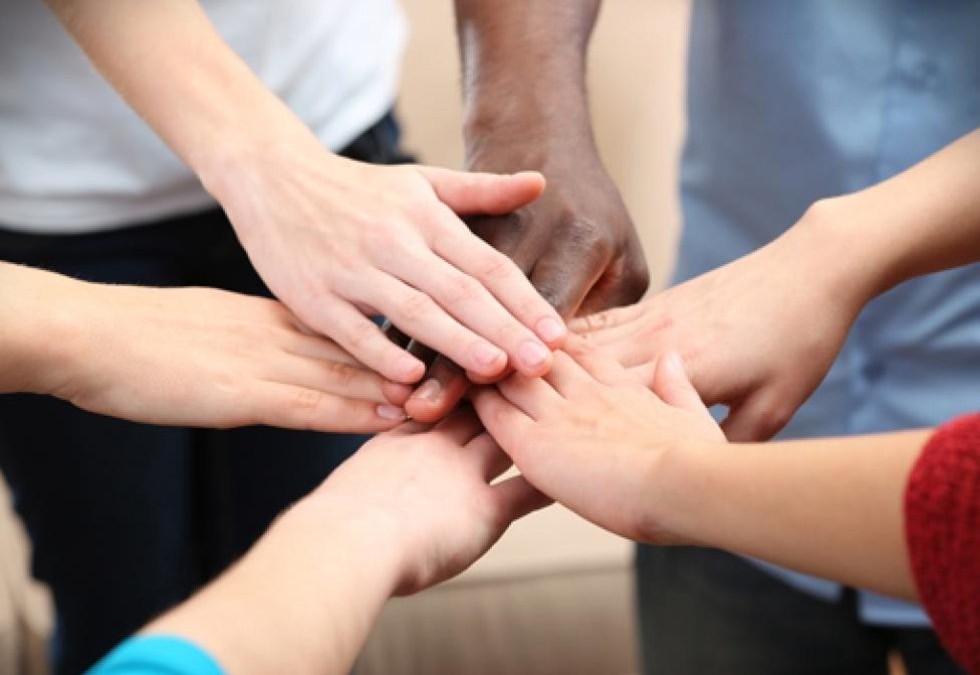Ethics are a key component to anthropological training and practice. Professional anthropology organizations have established several different guidelines over the decades, starting with the first applied anthropology code of ethics from the Society for Applied Anthropology, published in 1951.
In my career, I have practiced ethics according to the latest SfAA code as well as guidelines established by the National Association for the Practice of Anthropology. They are thorough and oriented toward non-academic anthropologists, because the circumstances in which we work are drastically different than that of our academic peers (though with some overlap for applied anthropologists who work in both academia and practice-based settings).
These ethics are engrained in how I think about and do my work, and make decisions. Now that I am about 10 years into my career, I realized it would make sense for me to create my own, more customized, plain-language code as a reference for my work in research, design, and technology. I also put my code into my project contract as a FYI to my clients. (On that note, I feel it may a bit long for a contract, so I am still thinking about how I can shorten it up a bit).
This exercise helped me clearly articulate my role, approach, values and priorities, and call out specific aspects of working specifically in research, design, and tech. These guidelines map to the general sentiment of anthropological codes, but I also incorporated statements and articles on ethics from the User Experience Professionals Association, Nielsen Norman Group, and the Interaction Design Foundation.
I see this as a living document that I can update as needed. I consider it an open access resource, so feel free to use and revise it as you see fit.
–
Code of Ethics for Research, Design and Technology
The purpose of these guidelines is to ensure project quality, integrity, and success, with an emphasis on the comfort, appreciation and protection of research participants.
General practices:
- Values: honesty, communication, transparency, collaboration, and empathy.
- I am here to learn, guide, help, do good work and have fun.
- Research planning, participant recruiting, study design, methodology and analysis/reporting meet quality standards for validity and reliability.
- Projects are designed to answer the most important and relevant questions based on business and product needs. No harm done to my client or its business, products, assets, employees or reputation.
- I only conduct studies I am qualified for based on my capabilities, education and experience, and I stay current on the latest developments in the fields of research, design and technology.
- Project costs are not one-size-fits all and based on several factors, including is the value of the results to my client’s goals and desired outcomes.
- Collaboration with clients and teams, which creates a broader ownership of the research and includes more voices and perspectives throughout a project.
- Transparency around and avoidance of conflicts of interest.
- Accurate and objective representation of people and data.
Research participants:
- Do no harm – I am transparent with participants about the purpose of the research, my role, what will be done with the information they share, and any recording or observation of the research. I do not practice any level of deception and will not take advantage of or endanger participants in any way.
- Participants as people – I treat everyone equally and with full empathy, and do not discriminate on the basis of race, color, national origin, gender, sex, sexuality, religion, age, marital status, ability (physical, mental), injury, or family structure.
- Participants are the experts of their lives and the context in which they use a product or service. Respect for their opinions and values and a safe environment that enables them to share any and all feedback regardless of its impact.
- Fully informed participant consent, with exceptions for blind studies if necessary. Explanation of project details and any risks prior to research. Participants sign a consent form prior to participation and can ask questions before signing.
- Consent and non-disclosure forms, and any research materials, are written in plain language and are verbally explained, with a copy provided upon request.
- Participant comfort during research sessions (physical, emotional and social). They can opt out of being recorded or observed, can end the session at any time, choose which questions they want to answer, take breaks, and ask questions. They will not be subjected to any undue physical, emotional or mental stress or harm before, during or after the research.
- Friendly, welcoming, respectful and engaging interactions and discussions during research. Research that is fun, enjoyable and interesting for participants, which benefits them to the greatest extent possible. Acknowledgement of people’s importance and invaluable contributions.
- Full attention to participants and their feelings, needs, body language, cultural norms, boundaries and communication style. Respect for their time and schedule. Fair, generous and appropriate compensation for their contributions.
- Privacy – limited collection of personal data. I only share what is necessary with clients, and limit the association of personal attributes to individual people. I do not share information that the participant has asked me to keep confidential.
- Data privacy and retention – video/audio/photo recordings can only be used for research purposes and not for public sharing, marketing, etc. unless otherwise stipulated and agreed upon by participants. Recordings and personal data are deleted as soon as they are no longer needed. All research data is permanently deleted after a period of 3 years or less. All information is stored on Google Drive, with SSL and TLS encryption.
- Extra precautions for vulnerable populations and sensitive topics, and careful consideration of power dynamics (socioeconomic, occupation, etc.)
- I will not engage in disparaging conversations about participants or tolerate such behavior by anyone involved in a project.
- I reserve the right to decline to participate in any project activities that do not meet the above requirements.
Fuente del texto: http://anthropologizing.com/2020/07/23/my-professional-code-of-ethics/


Comentarios recientes